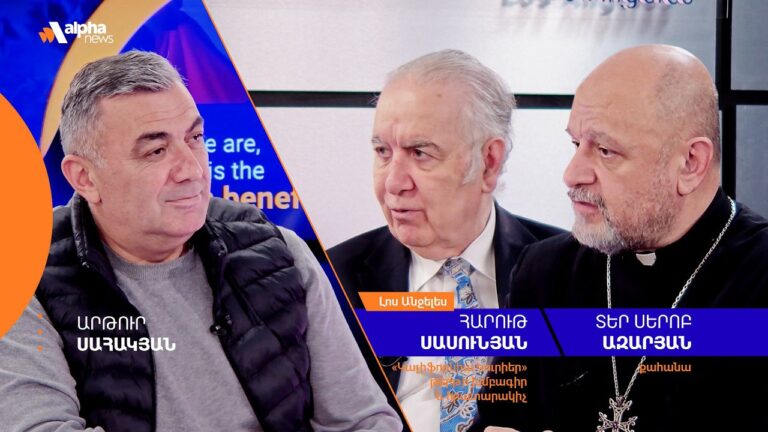Is it the final countdown?
November 23 2023, 23:00
Although, at first glance, the processes around Armenia are accelerating, with some new factors emerging almost every day, the strategic direction of these processes remains unchanged. We are talking not only about the process of changing the foreign policy of Armenia but also about the total destruction of the real foundations of the country’s security.
After the negotiation process on the Western negotiating platform stalled, a new narrative was spun that “direct talks between Armenia and Azerbaijan can take place without mediators.”
This was voiced by both the Azerbaijani Foreign Ministry and the Spokesperson of the US State Department, Matthew Miller, but the turning point was the visit of the Minister of State of the UK for Europe and North America, Leo Docherty, to the region.
Docherty visited Georgia, Armenia and Azerbaijan, and after the visit of the British official to Baku, Azerbaijani President Ilham Aliyev said that he saw no obstacles to signing a peace treaty with Yerevan.
It was after Docherty’s visit that the Armenian side submitted the sixth proposal of the peace treaty to Azerbaijan. The Ministry of Foreign Affairs of Armenia said this on X, noting that Armenia is committed to signing a deal on the normalization of relations with Azerbaijan based on previously announced principles.
Moreover, following Docherty’s visit, Yerevan and Baku agreed to hold a meeting of the delimitation commissions on the state border.
“According to a preliminary agreement, the next meeting of the Commission on State Border Delimitation and Border Security of Armenia and the Commission on State Border Delimitation of Azerbaijan will take place on November 30 on the state border of the Republic of Armenia and the Republic of Azerbaijan,” said foreign ministry spokesperson Ani Badalyan.
We may observe that the mediators have already done their job. The UK, apparently, having given guarantees of safety to Pashinyan, pushed him to direct talks with Azerbaijan. Official Baku needs negotiations in such a format that the peace treaty, which can also be signed in Tbilisi, does not have a guarantor and Azerbaijan could get away with violations of the provisions of that treaty. In other words, Azerbaijan does not want to burden itself even with signing the deal, referring to which it will be possible to hold Baku accountable for the new aggression against Armenia.
If the “peace treaty” is signed as a result of negotiations without a mediator and without a real guarantor of compliance with this agreement, then the “treaty” itself will become a symbolic countdown for Armenian statehood, and Nikol Pashinyan himself will try on the role of British Prime Minister Neville Chamberlain.
‘Peace for our time,’ British Prime Minister Chamberlain said, waving an agreement with Adolf Hitler’s promise not to start a war with England, returning from the Munich conference, where he and French Prime Minister Édouard Daladier had just betrayed Czechoslovakia, leaving it to be devoured by Hitler’s Nazi regime.
Notice how subtly Britain and Azerbaijan are acting. Official London does not formally show its participation in the negotiations between Yerevan and Baku, although it is the UK, not Washington and Brussels, that have fundamental interests in the South Caucasus, such as Iranian oil.
Azerbaijan, being one of the main tools ensuring that official London achieves its interests in the region, formally opposes “involvement of actors outside the region.” Moreover, to the delight of some Russian experts, Azerbaijan arranges demonstrative, but not significant, demarches against the West, such as the statement of the Azerbaijani Parliament against the United States, the USAID closure, etc.
A very thoughtful chess game is unfolding before our eyes, which may lead to the fact that neither Artsakh nor Armenia will stand between Iranian oil and Britain anymore.







